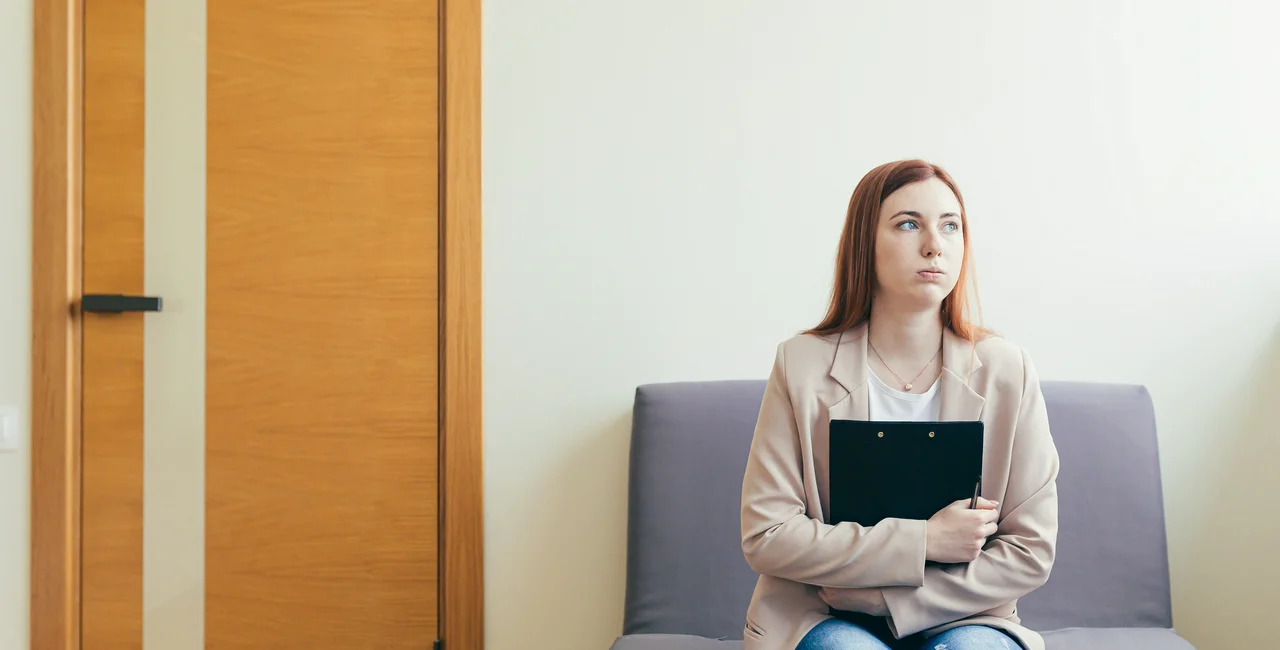Getting accustomed to a new country is rarely a simple process, especially for students away from home for the first time. Finding medical help – one of the most vital aspects of a stay in any country – is often complicated due to high fees, long waiting times, and a language barrier. International students in Brno have faced various problems in trying to access medical help.
Not a cheap investment
Since 2021, it has been mandatory for foreigners from third countries – including full-time students – to register for health insurance with the private arm of Czechia’s state insurance company, PVZP (unless a bilateral agreement exists). This has made the process of receiving healthcare in Czechia thousands of crowns more expensive.
For students, this costs over CZK 17,000 for 12 months of comprehensive health insurance. Although EU students are covered by the European Health Insurance Card (EHIC), they are not immune to obstacles when navigating Czech healthcare.
How do things work in practice?
Although the healthcare system in the Czech Republic is considered to be among the most developed on the European and world levels, this does not guarantee a perfect experience when visiting the doctor – especially for young students. With over 50,000 foreign students in Czechia (a growing figure), this demographic is now a considerable part of Czech society that may require healthcare during their stay.
If one was to ask 10 foreign students in Brno about their experience with going to the doctor, eight of them would tell you that the experience was unforgettable – but not for the right reasons. Long waiting times and the staff’s poor English are the main factors cited, which can be majorly problematic when diagnosing an illness.
Language problems
Multiple studies have found that English-language skills in Czechia are worse than the EU average – a 2022 report for example found that Czechs’ proficiency in foreign languages was among the worst in Europe and another found that Czechia was one of the most linguistically challenging countries in Europe to be in. Two years ago, a study revealed that Czechs had the fourth-worst English skills in the entire EU. This reveals itself during medical visits.
One Indian student at Brno’s Masaryk University (MU) who wishes to remain anonymous says: "A month ago I went to the doctor in Brno with a high fever. Since I don't speak Czech, I tried to explain my medical condition to the doctor in English. However, he became very confused, and I realized that he did not understand me. In the end, I had to explain to him what was wrong with hand gestures."
A student from neighboring Germany also has bad memories from his Czech healthcare experience. Marco, who is doing his master's degree at MU, says:
"When I had a skin allergy and went to the hospital [in Brno], the nurses and the doctor didn't speak English, and instead of referring me to the skin department, they referred me to surgery. It seems funny, but at the time I was amazed that someone could mistakenly refer me to a completely different department. I come from Germany where the healthcare system is at a high level, and where the staff also speak English. I expected similar in Brno, but things are a little different.”
Although an argument can well be made that people should speak the language of the country they are residing in, this is not always possible if that person – such as a student – has been living there for only a short time.
President of the Czech Patients' Union, Luboš Olejár"The organization of work in many healthcare facilities has not changed since the fall of communism"
Another issue is the lack of English-language options on hospital and healthcare-related websites. Although web pages can be translated with internet browser-based extensions, this is often an imperfect solution to often serious health problems, where ease of access and understanding is vital.
EXPAT TIPS
- Foreigners from third countries that have no bilateral agreements with Czechia must be insured with PVZP. EU students and those from Iceland, Liechtenstein, Norway and Switzerland do not need to purchase health insurance.
- This very helpful guide (in English) from Charles University explains the types of insurance needed for foreign students.
- Full details of costs and conditions can be found on the PVZP website.
- Bosnia and Herzegovina, Montenegro, Croatia, Japan, Cuba, North Macedonia, Serbia, Tunisia, and Turkey all have bilateral agreements with Czechia, meaning that health insurance is not needed for students from these countries (for a limited amount of time).
- Students of the Erasmus+, Erasmus Mundus, and Fulbright Scholarship programmes are exempt.
- The search function of PVZP allows you to specify your search to find English-speaking doctors.
Doctor shortages
Czechia in recent years has been struggling with a shortage of doctors and personnel, which in turn increases the length of waiting times. One study found that about 80 percent of Czech hospitals struggle with a shortage of doctors, and that about one-third of all regions in the country are dealing with a lack of physicians in hospitals and clinics.
Minister of Health Vlastimil Válek said earlier this year that there is currently a shortage of 3,000 nurses and 1,000 doctors in the Czech Republic, according to the Czech Medical Journal. About one-third of all doctors in Czechia are now at retirement age, and 40 percent of all general practitioners in the country are over 60 years old.
VZP published a map in 2022 showing which regions had a lack of general practitioners – thousands of people across the country are left without a doctor in their local area.
President of the Czech Medical Chamber, Milan Kubek“I consider the lack of doctors to be a serious problem. Modern medicine is becoming more and more intense…which requires an ever-increasing amount of personnel”
Waiting times
The lack of doctors, unsurprisingly, affects waiting times. In Ostrava, Czechia’s third-largest city per population, a report from iDnes found that non-acute outpatients need to wait up to three months for a CT scan and seven months for an MRI at Ostrava Municipal Hospital.
iDnes also writes that hospitals in South Moravia are still catching up with the Covid-19 period when surgical care was dampened and delayed during lockdowns and departments were overwhelmed by virus-infected patients.
Searching for an English-speaking doctor in Czechia? Use this resource for an overview.
Seznam Zprávy recently reported of incidences in Czech hospitals and doctor's offices whereby people would need to wait over four hours to be seen – despite having an appointment at a set time. For emergency situations, in 2021 over 70 percent of patients waited a maximum of 10 minutes for a doctor or nurse to attend to them. In 2022, this number fell to just 55 percent.
The Ministry of Health acknowledges these delays, and tells people to ask their health insurance company “for an explanation” if the waiting time for appointments is disproportionately long.
Students in Brno thus also don’t avoid long waiting times. One student reported waiting for three hours to get seen, only for a nurse to say: “You are going home because the doctor can't see you," without specifying a reason. This comes despite the expensive insurance policies that some students pay for.
Navigating oneself in a new country for the first time can often be daunting, especially when facing serious health problems. Despite the high fees that some foreign students in Czechia need to pay, the quality of service – due to waiting times and language issues – means that visiting a doctor can often be much more stressful than it should be. Whether this improves in the future rests on the decision of the country’s hospitals and government.












 Reading time: 6 minutes
Reading time: 6 minutes 




 English
(Proficient)
English
(Proficient)





















